Overview
In spring 2019 a cluster of high-profile cultural and commercial events—framed as business networking, cultural exchange, and fashion spectacles—was staged under the banner of the USA China Entrepreneurs Association (UCEA). Taken together, the events illustrate how UCEA operates as a transnational node linking U.S. community elites, provincial Chinese authorities, and PRC-aligned cultural programs.
1). U.S.–China Women Entrepreneurs Committee: A Front for Influence
The U.S.–China Women Entrepreneurs Committee, an arm of the USA China Entrepreneurs Association (UCEA), held a high-profile “Goddess Night Suit Party” in Beijing. Attendees and speakers included:
Wang Zhongyi — UCEA, China Region President (speaker)
Yang Kaijie — UCEA Vice President (speaker)
Yan Zongwei (闫宗伟) — UCEA Chief Representative (speaker)
Kong Lina — President, U.S.–China Women Entrepreneurs Committee (honoree)
Han Xiangyu, Fu Yanfei, Liu Xingxing — senior committee officers and honorees
The event presented itself as a celebration of female entrepreneurship and Sino-U.S. business ties. In practice, it served as a staged arena where UCEA recognized individuals who operate inside PRC civil-society and diaspora networks, reinforcing organizational legitimacy and building relationships between Chinese-side elites and transnational business actors.
On March 8, 2019, the U.S.–China Women Entrepreneurs Committee, formally affiliated with the USA China Entrepreneurs Association (UCEA), hosted the “Goddess Night Suit Party” in Beijing. The gathering of high-profile female entrepreneurs, including Wang Zhongyi (UCEA China Region President), Yang Kaijie (Vice President), and Yan Zongwei (Chief Representative), illustrates how UCEA positions itself as a bridge between U.S. business networks and CCP-aligned elites.
Honorary awards were presented to Kong Lina (Committee President) and Liu Xingxing (Vice President), signaling formal recognition within CCP-sanctioned networks. While framed as a celebration of women’s leadership, the event also serves as a soft-power vehicle, cultivating loyalty and influence among entrepreneurs who operate transnationally.
Kong Lina(孔丽娜), President of the China-US Women Entrepreneurs Committee, delivered a speech.
Han Xiangyu(韩香玉), Executive Vice President of the China-US Women Entrepreneurs Committee, delivered a speech.
Fu Yanfei(付艳菲), Vice President and Secretary-General of the China-US Women Entrepreneurs Committee, delivered a speech.
Liu Xingxing(刘星星), Vice President of the China Women Entrepreneurs Committee, delivered a speech.
2). 2019 U.S.–China Supermodel Competition: Cultural Diplomacy and Propaganda
Just a week later, on March 16, 2019, the 2019 U.S.–China Supermodel Competition concluded in Qingdao, presented as a high-profile fashion and cultural event. Organized by Qinghe Culture Media and co-hosted by UCEA, local government-affiliated institutions, and universities, the competition framed itself as an international cultural exchange.
In reality, this event channels CCP propaganda through the promotion of Chinese intangible cultural heritage (ICH) and aesthetic ideals. UCEA’s involvement leverages the competition to project Chinese soft power, normalize CCP-approved cultural narratives, and cultivate influence among young, globally mobile participants. Contestants received honorary titles like “China Intangible Cultural Heritage Ambassador for Beauty”, linking personal prestige to CCP-endorsed cultural frameworks while providing commercialized access to heritage-branded enterprises.
The 2019 U.S.–China Supermodel Competition (China regional finals) was co-hosted with local cultural and university bodies and carried UCEA branding and leadership participation. Key points:
UCEA Vice President Yang Kaijie publicly framed the contest as part of long-standing cultural exchange frameworks between the U.S. and PRC.
The competition explicitly integrated intangible cultural heritage (ICH) elements (traditional beauty/wellness practices) and conferred honorary ICH ambassador titles to finalists.
The winner gained a slot to compete in an international final hosted with UCEA involvement.
This event fused fashion, branding, and curated heritage narratives—a classic soft-power vector that normalizes CCP-filtered culture under internationalized entertainment packaging.
3. ) Wenzhou Press Conference (23 May 2019) — UCEA Chairman on Stage
At a May 23, 2019 press conference in Wenzhou connected to the Supermodel Competition, the UCEA delegation included:
Sir Michael Leung (麦克·梁) — Chairman, USA China Entrepreneurs Association (UCEA); also identified with other transnational business chambers.
U.S. municipal officials (named in local reports as participating deputies from Newark and West Orange), such as Nwakuro, Wallace.
Yan Zongwei, speaking for UCEA’s China office.
Sir Michael Leung’s presence as UCEA chairman made explicit that the association’s top leadership was publicly attached to these cultural programs—providing political gravitas and facilitating engagements with elected U.S. officials and provincial Chinese hosts.
4) Network overlaps: Fengshang Chamber, UCEA, and Wang Changsheng
Parallel diaspora and chamber activity tied into the UCEA circuit:
Zhu Junying (朱俊英) — Chair, Fengshang Chamber of Commerce (U.S.), appears across multiple diaspora events and has documented higher-level PRC contacts.
Wang Changsheng (王长胜) — active UCEA leader (Vice Chair and California Chair) and U.S. chamber executive, repeatedly appears delivering letters, participating in ceremonies, and coordinating U.S.–China delegations (including education exchanges).
Photographic and event records show repeated overlap among Fengshang Chamber events, UCEA gatherings, and provincial delegations from Liaoning—indicating a persistent trans-Pacific ecosystem of persons and organizations.
5) Why this pattern matters — critical implications
Soft-power packaging, political purpose
Events presented as fashion shows, “Goddess Night” galas, or cultural festivals are being used to build durable transnational relationships that align to PRC approved narratives. UCEA amplifies and operationalizes these narratives by providing organizational cover and international access.Institutional entanglement
UCEA leaders and affiliated chambers routinely interface with local PRC provincial authorities, educational bodies, and diaspora institutions. That repeated contact converts episodic cultural exchange into a patterned channel for influence and elite cultivation.Targeting youth and elites simultaneously
Supermodel competitions and school exchange programs attract young, mobile, technically capable participants while also engaging established diaspora business leaders—creating a two-track pathway for cultural persuasion and practical collaboration that can feed technological or commercial transfer.Normalization of access to U.S. officials
The same events that carry cultural content put UCEA and its partners on stage with U.S. municipal politicians, producing veneer of bipartisan legitimacy that shields and amplifies their transnational coordination.


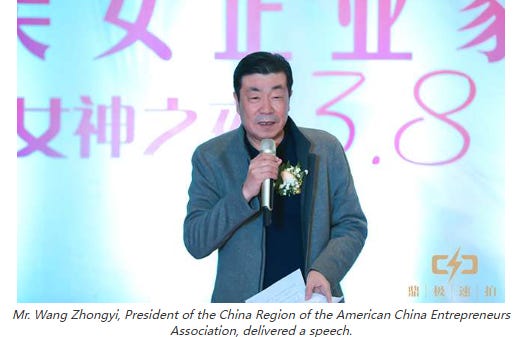
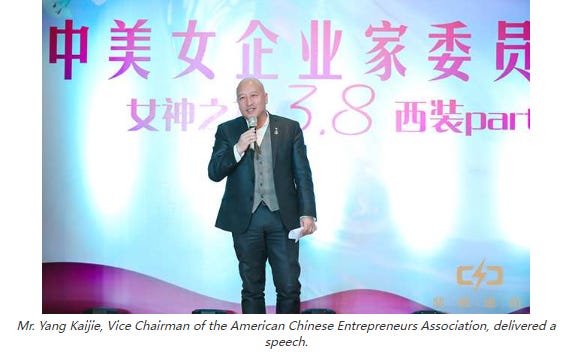
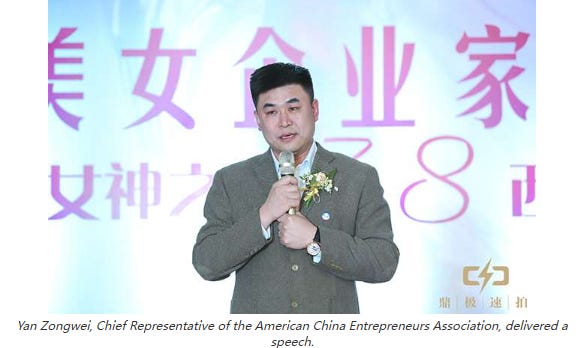
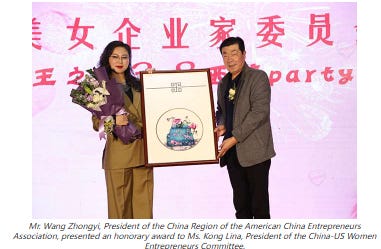
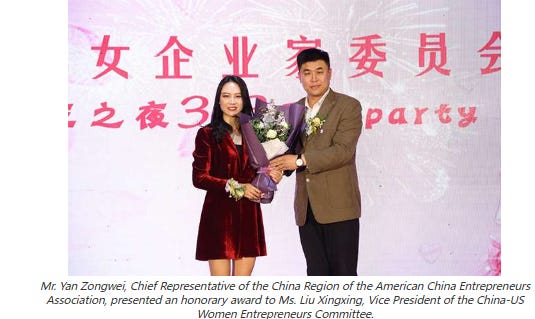
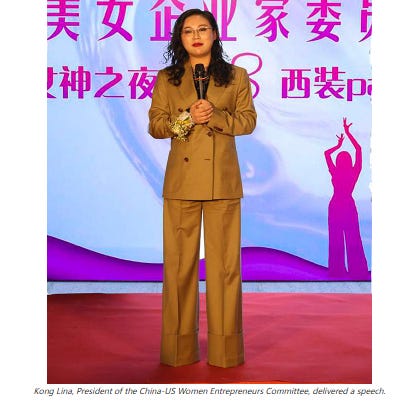
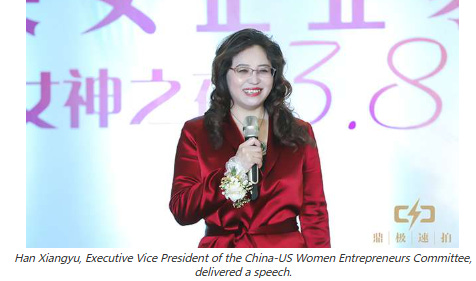
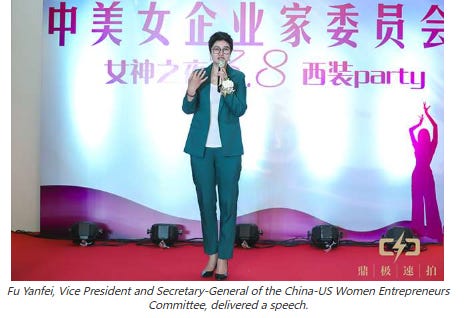
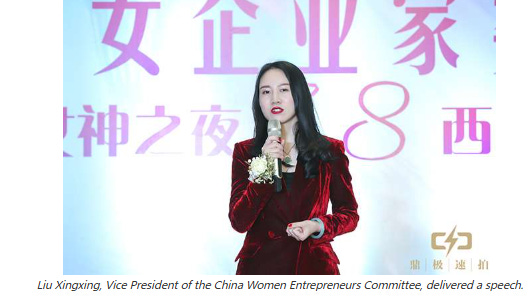
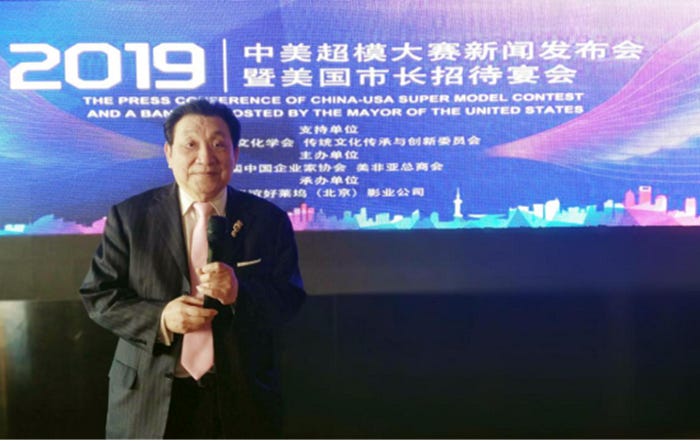
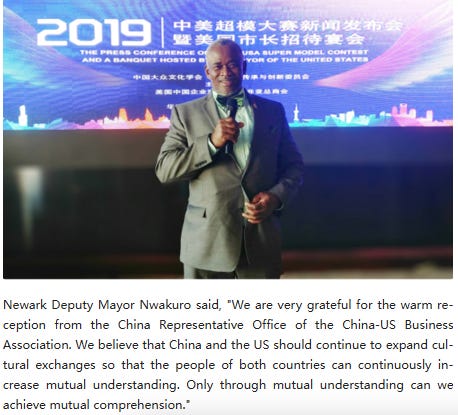
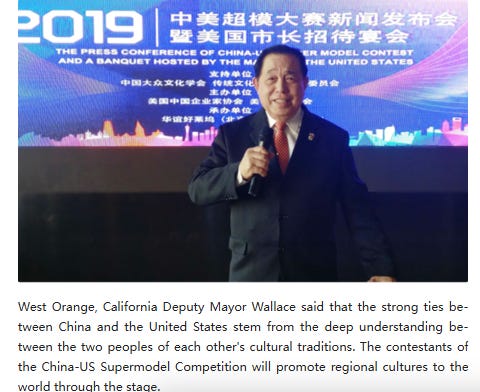
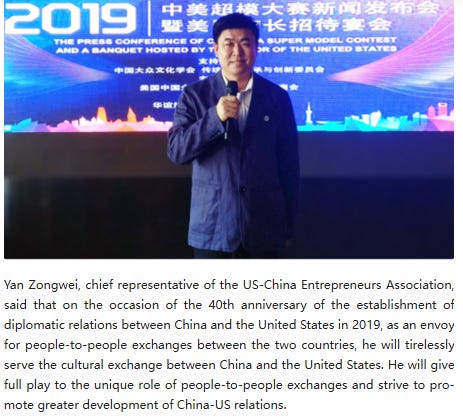
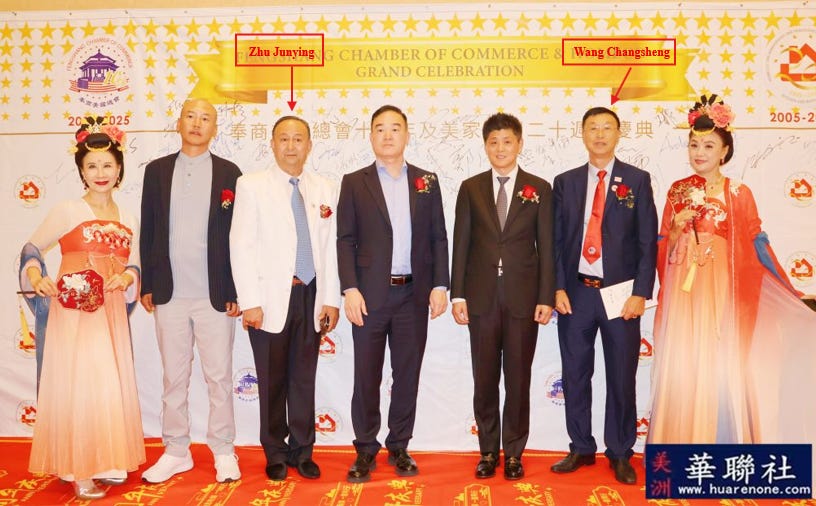
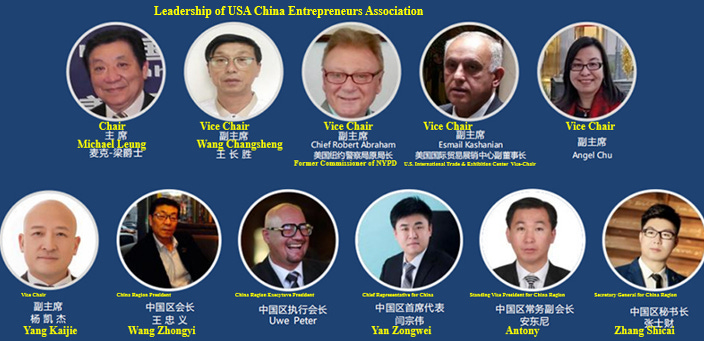
No comments:
Post a Comment